Japanese publisher Spike Chunsoft is steadily accelerating its expansion into the US and Europe. The company’s US branch is not only localizing Spike Chunsoft’s in-house titles, but also looking to bring a variety of games by Japanese developers to English-speaking fans. At this year’s BitSummit Drift, AUTOMATON spoke to Spike Chunsoft’s executive Iizuka Yasuhiro, who is also the CEO of the publisher’s US branch. We asked him all about what kind of titles we can expect Spike Chunsoft to bring to the West, as well as their policy regarding localization.
──To start things off, please introduce yourself.
Yasuhiro Iizuka (hereafter Iizuka):
My name is Iizuka. In Japan, I work as an executive of Spike Chunsoft and I am mainly in charge of our overseas businesses, which includes handling European and US titles as well as our global expansion through Steam. I am also the CEO of Spike Chunsoft, INC., our US branch that publishes in-house and third-party titles overseas.
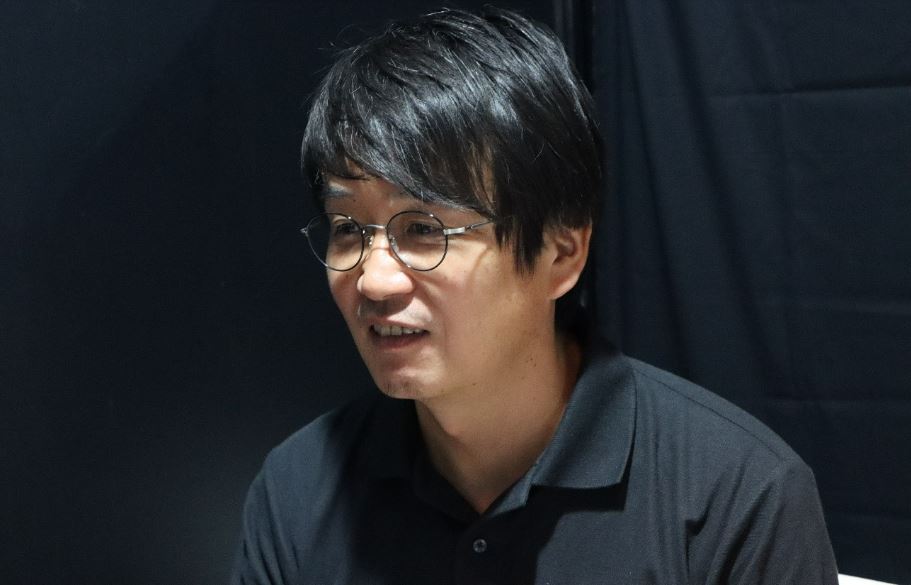
──Can you tell us about your goals in participating in this year’s BitSummit?
Iizuka:
At this year’s BitSummit, our main focus is our BtoB booth, through which we hope to make connections with independent game developers from Japan and Asia.
──I’ve heard that you are already doing business with several companies. Have you already started on any projects?
Iizuka:
Yes, we already have some things set in motion, and we have several unannounced titles in the works.
──I feel like for many English-speaking games, Spike Chunsoft is associated with kind of niche and anime-style games.
Iizuka:
Yes, this is exactly the case! (laughs)
──Given this reputation, what kind of content do you plan to release overseas going forward? Would it be something to satisfy Spike Chunsoft’s existing fans, or something with an eye to attracting wider audiences?
Iizuka:
We want to cater to the existing fans who support Spike Chunsoft for what it is. We have no intention of drastically widening the range of our content. For example, one of the genres we publish is visual novel games. Whether it’s in-house titles like Danganronpa or Zero Escape, or our partner titles such as Mages’ Steins;Gate, these games keep growing in popularity year after year and continuously make great contributions to our sales. Thus, we believe that this kind of content still has potential for growth, and we want to keep pursuing games that prioritize narrative.
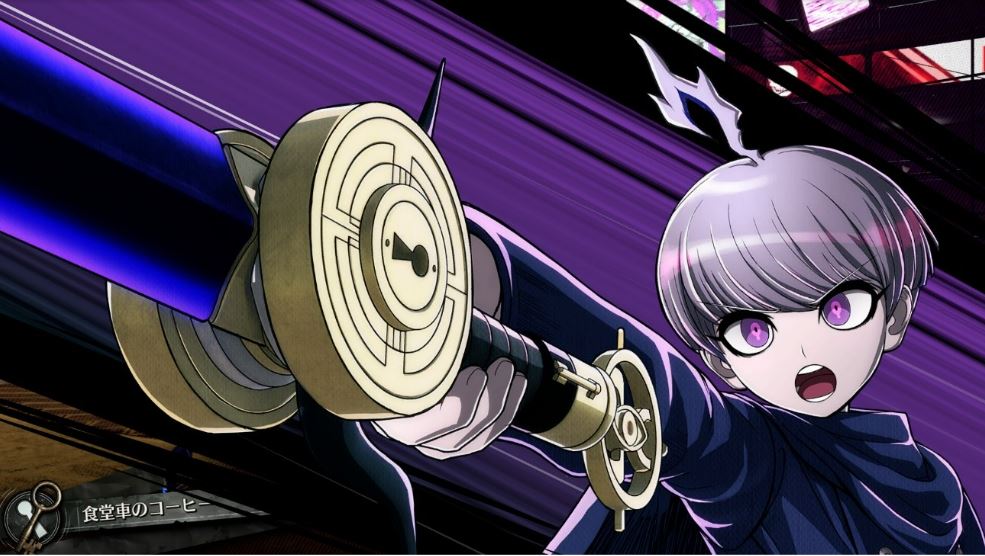
Also, as you mentioned earlier, we believe that our strength lies in handling content related to Japan’s niche subcultures and anime. We feel so close to the fans who enjoy this kind of content that we’re basically face to face with them. As such, this is definitely the audience we want to keep delivering new content to.
Up until now, adventure games have been our main focus, and in the future, we would like to do this and more by adding other genres to the mixture. For example, with story-driven action games. We would like to gradually explore a wider range of content. However, our number one priority is to satisfy Spike Chunsoft’s existing player base.
──That’s a reasonable approach.
Iizuka:
I believe that suddenly going for genres like FPS and fighting games or trying to publish Western titles for Western gamers would put us in a field we’re simply not good at. While we do publish Western games for the Japanese audience and intend to continue doing so, this is a separate matter. We have a very intimate relationship with our Japanese fans and steady communication with Japanese media, which enables us to do so. On the other hand, if we were to try to put out Western games for US and European audiences, this would set the bar too high for us. Therefore, we intend to take slow and thoughtful steps in our expansion in the West.
──Thank you for the detailed response. What do you, as a publisher, consider to be a good game?
Iizuka:
We evaluate games as “good” when we find them entertaining upon actually playing them ourselves. In other words, it comes down to what we like. I myself adore Western games, and our team members in the US adore Japanese games. Their idea of an entertaining game is surely close to the tastes of our fans, which is why we have faith in their sensibilities. To reiterate, we evaluate highly the games we genuinely find entertaining at a personal level. As a publisher, we cannot put out a game that we ourselves do not find fun.
For example, we first look at whether the game has its distinct “personality” and whether it makes us go “I really want to publish this in Japan” or “We have to take this game overseas.” It’s not about us being connoisseurs, but more about having a sense of responsibility and only picking up games that we have thoroughly evaluated. It is of course, completely out of the question to just be like, “Anything’s fine, just keep putting games out,” so we make sure to scrutinize anything we intend to publish.
──It seems to me that there are certain “cultural” similarities between games that are considered good within Spike Chunsoft as a company, such as superior storytelling. Are there any other such attributes that make for a strong title?
Iizuka:
In terms of attributes, I think it would be how much potential and appeal we feel from a game when we play it from the users’ perspective – even if we’re trying it out mid-development. In this sense, we place an importance on the taste and sensibility of the individual.
Rather than quantifying things numerically – for example, giving out scores for a game’s adventure elements, story elements and the like, and then saying, “It scored over 80 points, so let’s go ahead with it,” we tend to make decisions intuitively. When we play a good game, the conversation between members naturally livens, with everyone pointing out its qualities. I value these kinds of opinions from the team.
After all, the staff working with me are all “otaku.” They love all kinds of Japanese games, and of course, they love our Danganronpa – they’re basically like our fans (laughs). Their sense of what’s a good game aligns with mine.
We do the same thing when picking up Western games for the Japanese market. The team that handles the process is also made up of total Western games geeks. They play all kinds of genres, and each member has their own “specialty,” based on which we have them take a key role when evaluating games.
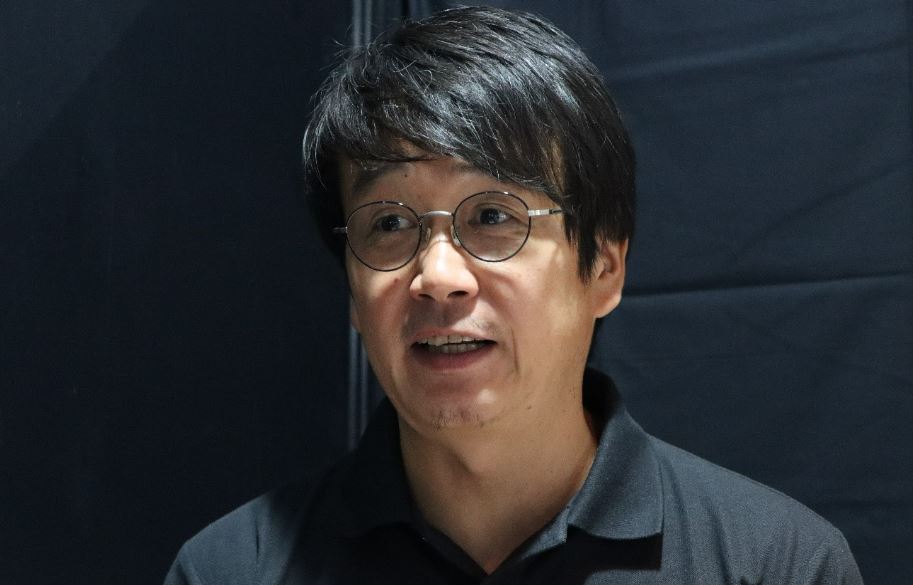
──So, in regard to Spike Chunsoft’s global expansion, decisions are made not only based on the wishes of your headquarters in Japan, but also by actively incorporating the opinions of members of the US branch?
Iizuka:
Yes, after all, the people involved in publishing a title have a responsibility towards it. The localization producer and director have the discretion to decide how they want to market the title or localize it, and I think that kind of cohesive power is necessary. I might be the CEO, but I’m not the only one who gets to make decisions. This is how we do things both in Japan and in the US.
──Thank you very much. Over the course of Spike Chunsoft’s overseas expansion so far, I’m sure you’ve encountered various reactions from fans, but did any of them leave a particular impression on you?
Iizuka:
Spike Chunsoft participates in Anime Expo every year, but we do not have a booth as a company. We participate as panelists and give one-hour presentations throughout the day. We’ve been holding these panel presentations every year since we started our expansion in Europe and the US. In the beginning, we didn’t have many visitors, but now, we have enough people to fill the entire venue – from 800 to 1,000 people. Fans go out of their way to come to our events and cosplay as characters from our games. It makes us immensely happy that there’s people out there who want to listen to us speak.
Of course, I’m always happy to see Steam reviews and messages on X, but seeing fans face to face is a lot more personal. We recognize a lot of people who visited us in the past, and we notice when they come wearing a new cosplay from a game we just released. Seeing them in person really makes us feel loved and motivated. Every year, we end up glad we participated at Anime Expo, and although we haven’t announced anything yet officially, we hope to do so again next year.
We want to keep on cherishing our fans, but that doesn’t mean we want to increase our fan base by tens or hundreds of thousands overnight. What we need to do now is steadily deliver the games our fans want, and we believe that the community will naturally expand and grow as people make their own judgments and evaluations.
There are companies that reach out to influencers and spontaneous cases where users dig something up and it suddenly goes viral, like Suika Game did. However, we consider such cases to be miracles and it’s not something we’re aiming for.
We will keep releasing entertaining games with confidence, and when they resonate with our fans, they may be inclined to recommend them to their close friends, and so on. We believe that this kind of proliferation by word of mouth will become a valuable asset for us.
I want us to become the kind of publisher with fans who, as I mentioned earlier with Anime Expo, visit once and keep coming back to us, as opposed to fans who leave immediately.
──I get the impression that you’re placing more importance on taking care of fans than business expansion.
Iizuka:
I wonder if that makes me unfit as a manager…(laughs).
──(Laughs)
Iizuka:
It’s just that, we’re so grateful to all the people that come out and tell us they love us. It may sound presumptuous, but doubling our current number of fans doesn’t seem like it will be an easy task. Therefore, we need to continue to imbue our content with our message and put it out in the world – and we will do so with sincerity.
──This is a bit of a sensitive topic, but recently, Western gamers have grown sensitive about the localization of content from Japanese to English, and there is often controversy over the quality and wording of localizations. What is Spike Chunsoft’s policy for localizing Japanese content for the Western market?
Iizuka:
As I mentioned earlier, the American localization team members who work with us are hardcore otaku. They love games like Danganronpa and are completely up to date with Japanese anime. They are a group of people I can trust to preserve the quality of each game with peace of mind. Fortunately, we have formed a team who have high comprehension and have already been highly evaluated for their localization work. I think that people who don’t have that kind of “love” can’t do good localization.
──So, in your opinion, love for the source material is paramount in game localization, rather than factors such as personal opinions?
Iizuka:
That’s right. I think you have to love the game you’re working on. Rather than thinking of it as your job, you have to have the desire to “deliver the qualities of the game to players.” I think this kind of attitude will lead to localization that meets the needs of the Western world.
Sometimes the members in the US team even have to lock horns with the Japanese development team. For example, the Japan team will come and demand certain text corrections by the end of the day, but the US team already has other things on their plate, and then they’ll ask, “Please wait another day. Actually, just give us an extra hour!” These are not the kind of exchanges you hear from people working without passion. I think the accumulation of such practices is what leads to a good game. Our Japanese team in charge of localizing Western games works with the same kind of enthusiasm.
──What characteristics do you look for when deciding whether to bring a Western game to Japan? I’m sure you have accumulated know-how based on past experiences, but do you have an intuitive feeling for whether a game will go big in Japan? Or is your decision better informed by researching the market?
Iizuka:
We decide based on intuition. However, it is imperative that we obtain a playable build and play the game ourselves before making a decision. This goes for all games. We cannot evaluate based only on in-game footage and presentations. Sometimes, things can turn out to be quite different from what we initially imagined, and unfortunately, we have rejected games because of this in the past.
──I see, do you tend to share a similar sense of intuition within the team?
Iizuka:
No, not really. We all have our likes and dislikes based on genre, after all. For example, I love zombie games (laughs), so If I see that something is about zombies, I will immediately approach it and enthusiastically ask for a playable build to evaluate. They Are Billions is one of the titles I personally approached and picked up, and I loved it so much.
Then, some members like city-building games like Cities: Skylines, while others like simulation games, and so on. Certain titles are bound to be met with a, “Hmm, I’m not so sure,” but from there, it’s all about using sheer passion to convey the appeal of the game to the producers. Then, in the case of Spike Chunsoft, the next step is to present the proposal to the sales and marketing departments and check the marketability of the product. From there, finally, the real work begins.
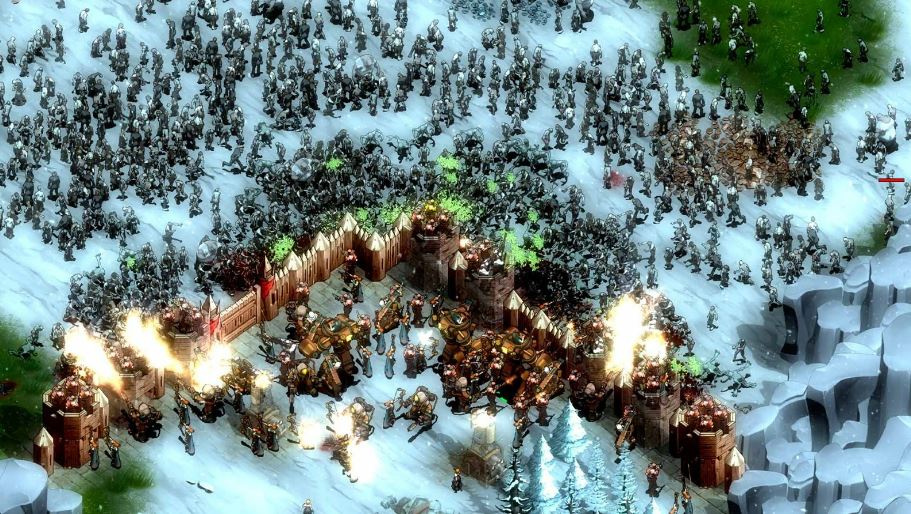
──Getting the publishing contract isn’t the goal, but the start, is what you mean?
Iizuka:
Yes, from there, you end up in situations where you have to contact the developer about localization, but they just happen to be on summer vacation, and then you must look for a way to get in touch with them…(laughs). Even after release, there are always Day-1 patches and updates to think about, and they often involve getting up in the middle of the night. You really can’t do this work if you don’t love it (laughs).
──Lastly, what can overseas fans expect from Spike Chunsoft going forward?
Iizuka:
We’ll keep on giving them the games and products that they love and want. However, we’re also going to be sneaking in some surprises here and there to catch people off guard. I don’t want our fans to get bored of Spike Chunsoft, so I plan to devote myself wholeheartedly.
Our fans have supported us for many years, and we don’t want to betray them. Although our participation in the BitSummit this year was focused around BtoB, we would also like arrange an opportunity to meet and communicate with our fans.
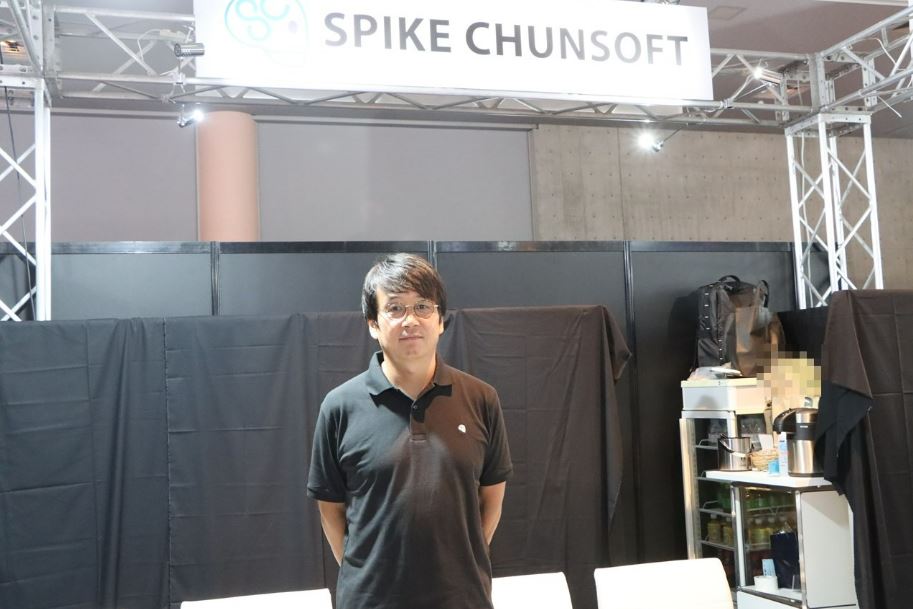
──Thank you for your time!
[Writer: Toru Ishikawa]
[Interviewer, Editor: Ayuo Kawase]
[Translator: Amber V]
©Spike Chunsoft Co., Ltd. All Rights Reserved.

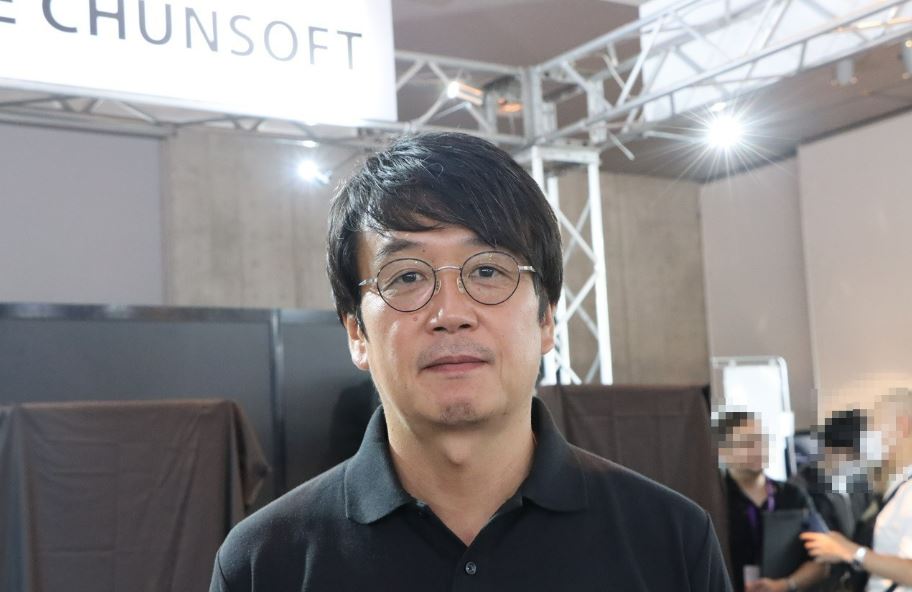

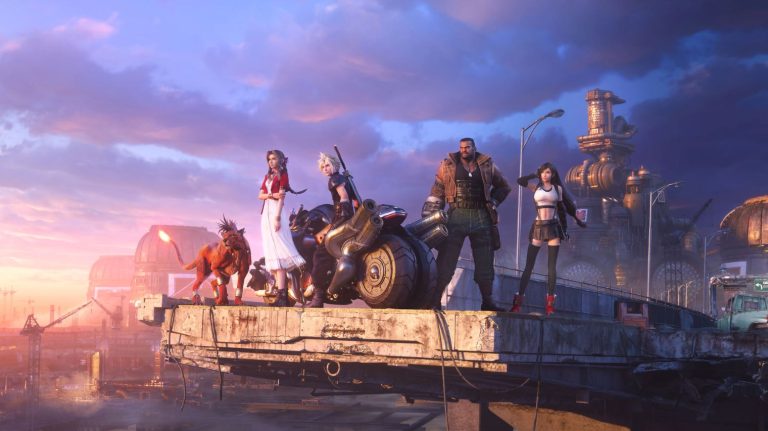
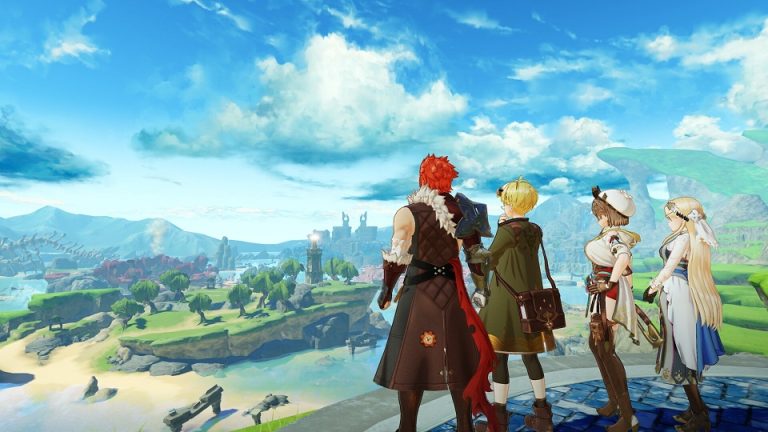
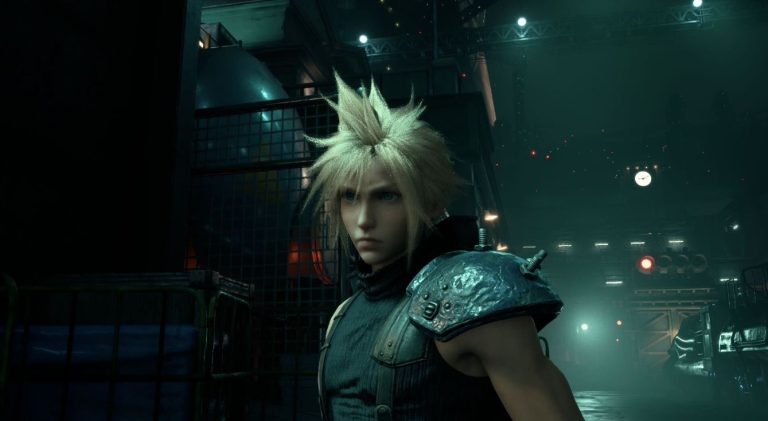
Very glad to hear they are happy with the audience they have, are putting Japan first in the West, and are prioritizing games with Narrative especially Visual Novels which I feel has never had much chances to come West to show that there is Visual Novels that have excellent narrative and writing without it being a franchise itself much like Memories Off, My Merry May With Be, The Infinity series. Or even games that have always went under the radar like Natsumon, Bakeru recently come to mind. Spike Chunsoft has done a wonderful job in understanding this over the last decade. As for Action games it might be a good idea to look into Action-Strategy like FF7R, Kunitsu-Gami or even an overlooked JRPG series Xenoblade Chronicles. Those are in demand.
As for localization, I do feel like it is a sensitive topic only because there is obvious examples that in most are not made with love and that most do it for the paycheck or ask for things to be censored like Fanservice before it comes West, even worse it’s not Faithful translations, but instead it is slang, meme-speak and political insertions, omissions, which annoys a lot of people here and turns them off from the content, causing sales to decline over time, including audiences. This is very common in a lot of Japan to West situations which makes me sad. Spike Chunsoft is lucky because they have Otaku that genuinely care about these things coming West and about the end product which is not very common to have. Although I do worry that things might change due to bad actors getting in the industry. In which case I would rather have AI Translations than to deal with headaches like this.
I can not wait for more Spike Chunsoft surprises in these next few years only because I know people like Iuzuka do a great job and show this sense of love and care that ensures the end quality is as good as it is in Japan. Which should always be the goal.
Spike Chunsoft should go for AI Translations. As much as I love Danganronpa there is the Le Quirky Translations going on at some moments, and Lollicon being translated as Pedophile when that is not accurate and should just be called Lollicon, a person who likes short ladies. Also that in the Another Episode there is mention of “child porn is illegaaaal” when the dialogue never mentioned this at all. Spike Chunsoft needs to not pay lip service to these issues and to take them head on and to rewrite any lines that are not accurately translated as a whole and ensure that the accuracy is high than creating more misconceptions with AI. Begin heading in that direction, it’s obvious people support it and are just being indirect about it. Zanki Zero was also the same way. They need to do a better job on the translation end and for once to stop making the players feel like they are bad for being Otaku or being a Lollicon.
Fully agree with that. ロリコン (Lolita-Complex) is a Wasei Eigo, but the meaning is nowhere close to that of “pedophile”, which is 小児性愛者, and obviously a crime